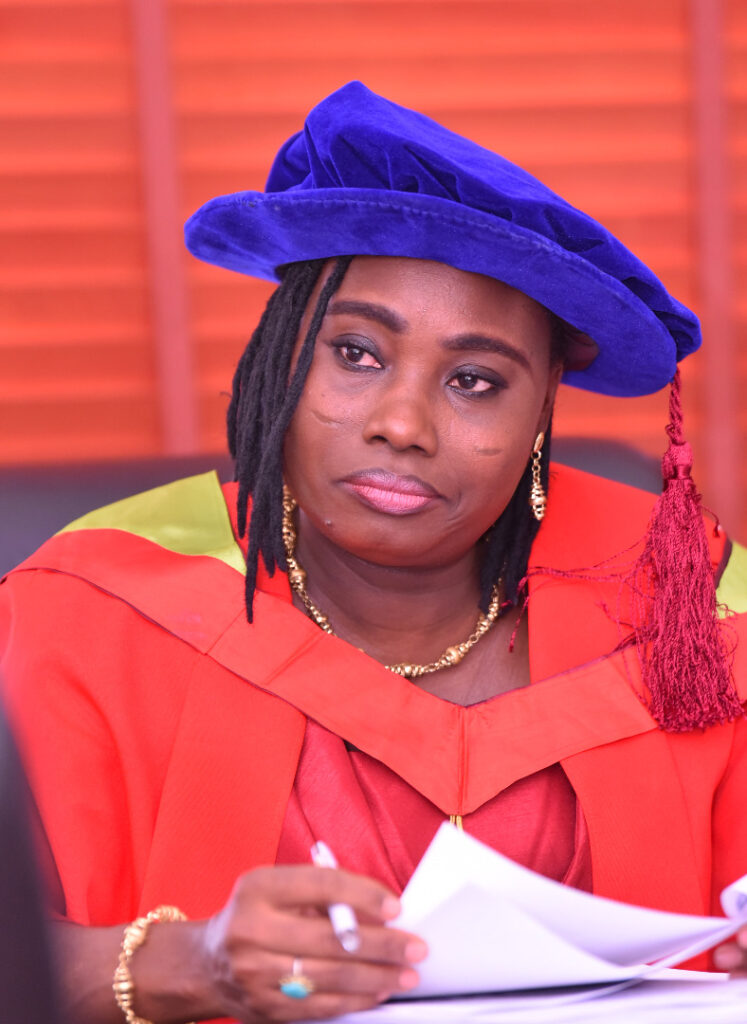A seasoned academic, Professor Olanike Adeyemo, has highlighted the contradiction in the funding of universities in Nigeria.
Such contradictions has almost paralysed the system, with public universities currently shut due to strike by lecturers.
According to her, it is stra ge that there are still universities where students pay as low as N90 annually for hostel accommodation.
In an interview with ‘Saturday Punch’, the Professor of Veterinary Public Health and Preventive Medicine at the University of Ibadan says:
“This will happen when the government stops deceiving the people that we can have free tertiary education. If you go to Technical University (Ibadan) now, it is on because it is a hybrid school. It is like a semi-public and semi-private university. I sit on the governing council there. The cost of getting a Harvard education is about $80,000 a year. That is huge if you convert it to naira and that is why you will keep seeing brain drain. It pays the UK to take our doctors because the cost of training a doctor in the UK is huge. That is why our doctors and other professionals are leaving the country every day.
“At UI, the cost of generating electricity is almost N1 billion a year. A former vice chancellor wrote an article where he said the subvention was N150 million and that is even grossly inadequate to pay electricity bills alone. And in universities in Nigeria, some still pay maybe N90 a year for accommodation and you expect their mattresses not to have bedbugs. It is not possible. What we have in public universities is very unrealistic. Education cannot be free anywhere in the world.”
Adeyemo is the Deputy Vice Chancellor of research, innovation and strategic partnership, the first person to attain the role at the university. Olanike’s research focuses on aquatic and wildlife epidemiology and toxicology, food safety (including fish food safety), global public health, aquatic toxicology, and aquatic veterinary medicine.
Adeyemo is the first female veterinarian to be inducted into the African Academy of Sciences and the Nigerian Academy of Science.
In 2007, she was named a Fellow of the Eisenhower Fellowship Program[5] and in 2002 she was named a Fellow of the Leadership for Environment and Development program in the UK. In 2010, she was named a Fellow of the African Scientific Institute (California, USA) and listed in ASI’s 2011 edition of “Black Achievers in Science and Technology. In 2011, Adeyemo was appointed an epidemiological and toxicological expert on the Joint FAO/WHO Expert Committee (JECFA). In 2012, she was named a Fellow of the African Academy of Sciences. In 2016, she was named a Fellow of the Nigerian Academy of Science. In 2019 she was named a Fellow of The World Academy of Sciences for the advancement of science in developing countries, and Fellow at the Society for Environmental Toxicology and Pollution Mitigation



